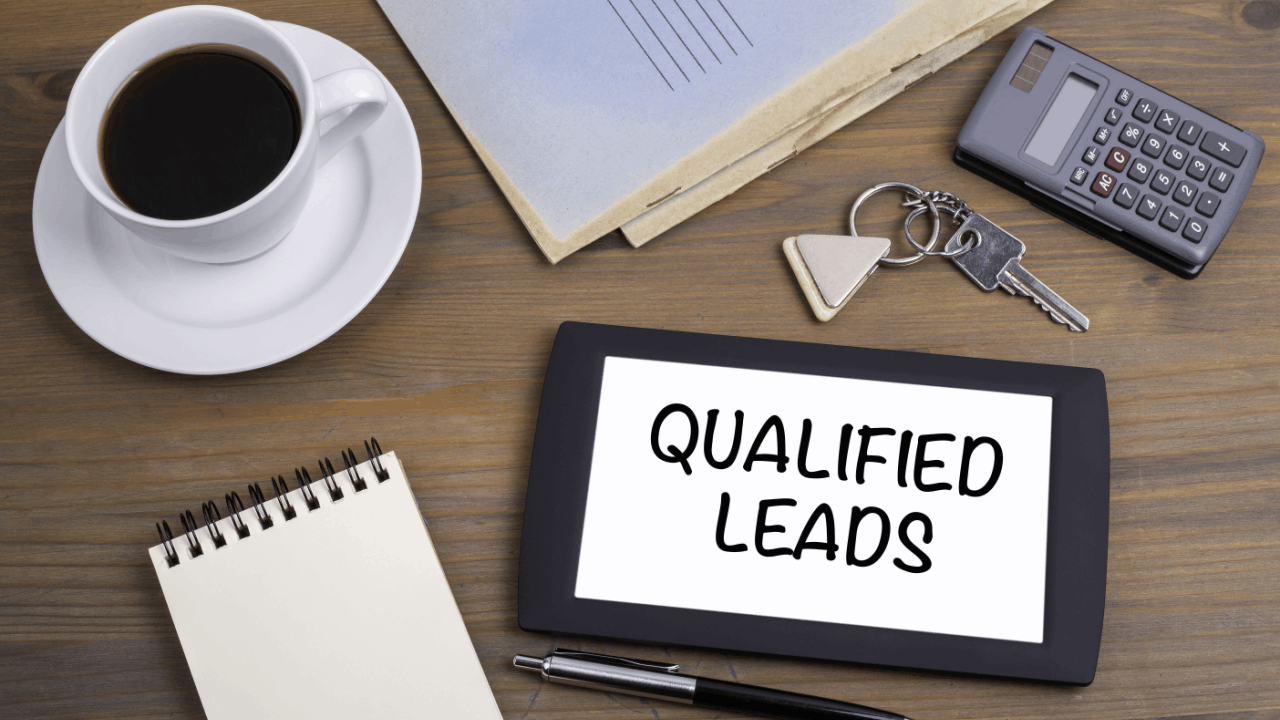- Mon - Fri: 8.30 AM - 5:00 PM
- 26565 Agoura Rd., 200, Calabasas, CA 91302
- 818-884-8075

Is Lead Illegal in the US? A Guide for Lawyers & Law Firms
Understanding the Question: Is Lead Illegal in the US for Law Firm Marketing?
When exploring the question “Is lead illegal in the US?”, it’s important to distinguish between toxic material regulations and legal lead generation used in attorney marketing. While lead as a material is heavily regulated due to its toxicity, legal leads—which refer to potential clients seeking legal services—are an essential part of lawyer marketing and client acquisition for law firms.
Legal leads play a critical role in helping attorneys connect with individuals needing legal representation. However, law firms must follow compliance regulations and ethical guidelines set by the American Bar Association (ABA) and state bar associations to ensure their legal lead generation practices adhere to industry standards.
By implementing best practices in legal advertising, law firms can ethically and effectively use qualified legal leads to grow their practice. This article will clarify the legality of legal lead generation, explain its significance, and outline compliance strategies for lawyers and law firms.
What Is a Legal Lead?
A legal lead is a prospective client actively searching for legal services. These law firm leads help attorneys connect with individuals needing representation in various legal matters, such as personal injury, family law, criminal defense, and corporate law.
Where Do Law Firm Leads Come From?
Law firms acquire attorney leads through various marketing channels, including:
- SEO & Content Marketing – Law firms optimize their websites and blogs to attract organic traffic.
- PPC Advertising – Paid search and social media ads target users seeking legal services.
- Referral Networks – Lawyers receive leads through word-of-mouth recommendations from past clients and legal professionals.
- Legal lead generation services – Third-party providers supply qualified legal leads tailored to specific practice areas.
Qualified vs. General Legal Leads
Not all case leads are equally valuable. A qualified legal lead meets the following criteria:
- Actively seeking legal assistance.
- Matches the law firm’s practice area.
- Financially eligible to afford legal representation or qualify for contingency-based cases.
- Focusing on qualified legal leads helps firms improve their conversion rates and maximize marketing investments.
Is Lead Illegal in the US? The Legal Perspective on Legal Leads
While lead as a material is subject to federal restrictions due to health concerns, legal lead generation is not illegal in the US. However, law firms must comply with strict legal advertising regulations to ensure ethical marketing practices.
Legal & Ethical Considerations
- ABA Regulations on Lawyer Marketing – Attorneys must follow ethical guidelines when advertising their services.
- State Bar Rules – Each state has different rules regarding law firm marketing and paid legal leads.
- Consumer Protection Laws – Legal marketing must be transparent, non-deceptive, and compliant with FTC guidelines.
Examples of Compliant Legal Lead Generation
- SEO & PPC Advertising for Law Firms – Running targeted campaigns to attract attorney leads ethically.
- Referral-Based Lead Generation – Encouraging client and lawyer referrals to grow a practice organically.
- Third-Party Legal Lead Providers – Partnering with compliant legal lead services that adhere to ABA marketing guidelines.
- Firms that violate legal marketing regulations risk fines, disbarment, or reputational damage.
Best Practices for Lawyers & Law Firms Using Legal Leads
To ensure legal compliance and maximize ROI, law firms should adopt these best practices:
1. Qualify and Screen Legal Leads
- Implement lead screening to filter out unqualified inquiries.
- Use intake forms to collect key details before proceeding with client engagement.
2. Track and Optimize Lead Sources
- Use CRM tools to monitor the effectiveness of legal marketing strategies.
- Focus on high-performing channels such as SEO, PPC, and referrals.
3. Follow Legal Advertising Regulations
- Avoid misleading or exaggerated marketing claims.
- Ensure all marketing practices comply with ABA and state bar regulations.
4. Improve Lead Conversion with Fast Response Times
- Studies show that responding to legal leads within 5 minutes significantly increases conversion rates.
- Automate follow-up emails and SMS to keep potential clients engaged.
By following these best practices, law firms can ethically generate and convert qualified legal leads while maintaining compliance with legal advertising laws.
Staying Compliant While Using Legal Leads in the US
Legal leads are not illegal in the US, but law firms must navigate a complex landscape of ethical and regulatory guidelines to use them effectively. Understanding the distinction between regulated substances like lead paint and the concept of legal lead generation is key to avoiding confusion. For attorneys and firms looking to grow, focusing on ABA-compliant marketing, qualifying leads, and working with trusted providers ensures you build your client base ethically and efficiently. When managed properly, legal lead generation is not only lawful but essential to modern law firm success.
Get Compliant Legal Leads with Confidence
If you’re ready to grow your law firm while staying fully compliant with legal advertising rules, Legal Brand Marketing can help. We provide high-intent, pre-qualified legal leads that match your practice area, location, and ethical obligations—so you can focus on representing clients, not chasing them.
Start building your compliant lead pipeline today. Contact Legal Brand Marketing to scale your law practice with transparency, efficiency, and results.
Frequently Asked Questions (FAQs)
1. Why is there confusion around the term “lead” in legal marketing?
The confusion arises because “lead” can refer to a toxic material regulated by health laws, while in legal marketing, it refers to prospective clients—making it important to distinguish between the two contexts.
2. Can attorneys face consequences for improper lead generation?
Yes. Law firms that fail to follow ABA and state bar advertising regulations risk fines, disbarment, and reputational harm.
3. What is the difference between a marketing lead and a referral?
Marketing leads are generated through advertising and outreach efforts, while referrals are typically word-of-mouth recommendations from existing clients or professional contacts.
4. Are third-party legal lead providers considered compliant with the ABA?
Only if they follow ethical marketing practices and do not violate rules around solicitation or pay-for-referral models. It’s important to vet providers carefully.
5. How do law firms track which lead sources are the most effective?
Using CRM (Customer Relationship Management) tools allows firms to monitor, evaluate, and optimize their lead sources based on conversion rates and return on investment.
Key Takeaways
- Legal leads are not illegal in the US — but law firms must follow strict ethical advertising guidelines to use them properly.
- Law firms should differentiate between unqualified inquiries and high-intent legal leads to focus efforts and improve conversion rates.
- Compliance with ABA and state bar regulations is essential when generating and using legal leads to avoid penalties or disbarment.
- Using SEO, PPC, and vetted third-party providers can be effective and ethical methods of lead generation when implemented correctly.
- Fast response time and intake screening are crucial for converting legal leads into clients and maximizing the ROI of lead generation efforts.





